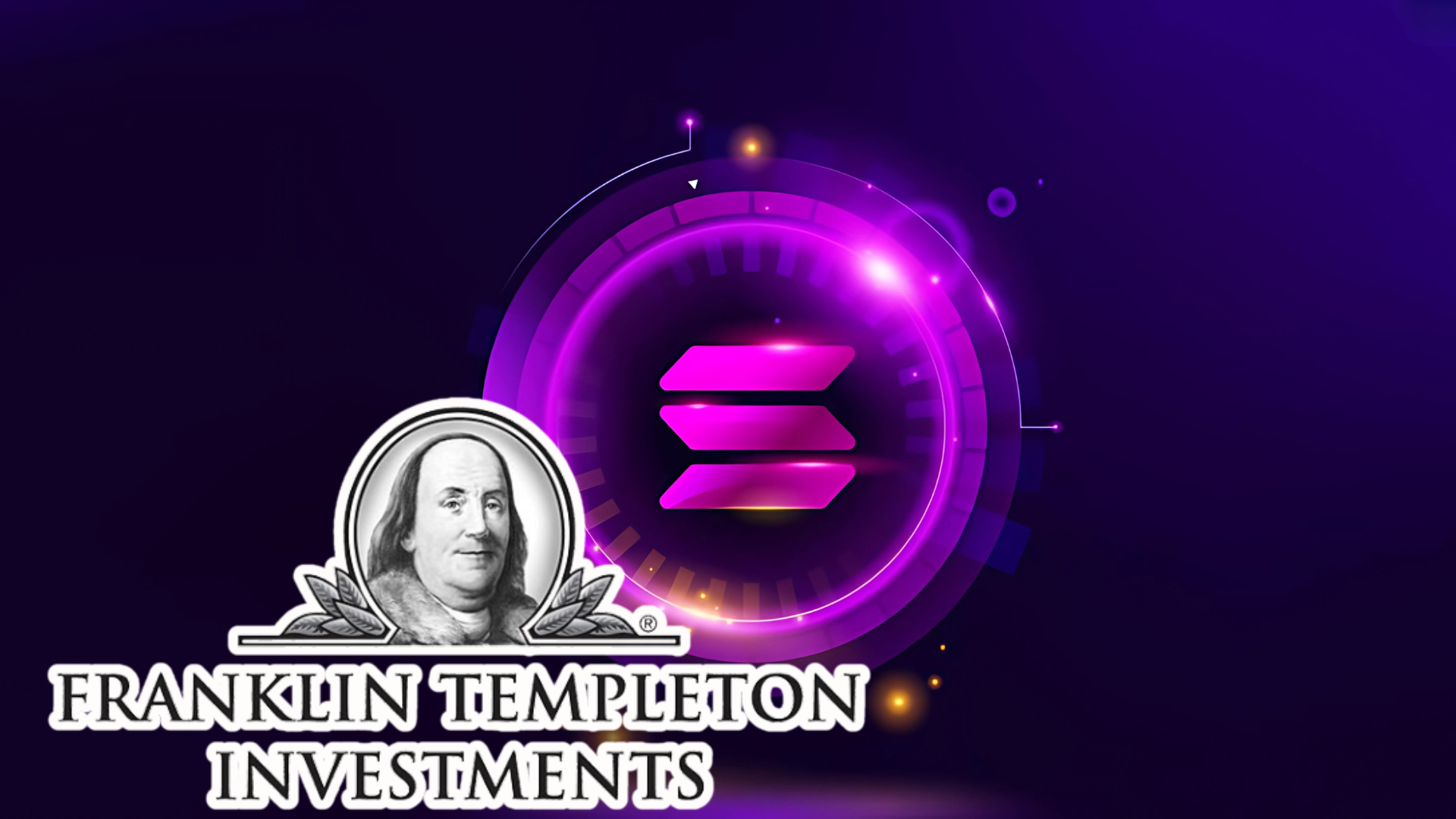
The web3 gaming industry has long been positioned as a major driver for blockchain adoption, yet its continued success requires fresh development ideas to attract both existing users and new entrants from the web2 space. One potential solution? IP licensing from Hollywood—an established model in traditional gaming that remains largely unexplored in blockchain-based gaming.
Bridging the Gap Between Gaming and Hollywood
The relationship between movies and gaming has historically been a lucrative one. Major film franchises such as Dune, The Matrix, Spider-Man, and The Lord of the Rings have successfully transitioned into video games, capitalizing on their built-in fan bases. However, despite the explosive growth of web3 gaming, this powerful connection remains underutilized in the blockchain space.
With the rise of streaming services and declining cinema attendance post-COVID-19, the film industry is increasingly turning to merchandising, licensing, and gaming integrations as alternative revenue streams. By integrating IP licensing into web3 gaming, all parties benefit: movie studios gain new revenue opportunities, blockchain adoption accelerates, and gamers receive immersive, recognizable experiences.
The Challenges of IP Licensing in Gaming
Despite its clear advantages, IP licensing in gaming remains a complex process. Traditional licensing involves multi-stage negotiations, lengthy contract discussions, and substantial legal fees. Key challenges include:
- Cross-jurisdictional legal complexities
- Prolonged negotiation timelines delaying product launches
- Disputes over revenue sharing and rights management
- Strict limitations on royalty payments and advertising use
The World Intellectual Property Organization (WIPO) has made attempts to standardize intellectual property regulations, but enforcement remains inconsistent. Even well-regulated jurisdictions struggle with fringe copyright violations, creating significant barriers for developers looking to integrate well-known IPs into their games.
Can Blockchain Solve Licensing Issues?
In theory, yes. Blockchain technology offers potential solutions for many of these hurdles, including:
- Smart-contract licensing – Automating IP agreements with immutable, transparent rules
- On-chain revenue tracking – Ensuring real-time, verifiable royalty payments
- Decentralized ownership models – Allowing fair and seamless distribution of digital rights
However, the primary obstacle remains the regulatory landscape. While blockchain provides a technical framework, legal systems must evolve to support these innovations. Without established legal precedents and global enforcement mechanisms, IP licensing will likely remain off-chain for the foreseeable future.
Beyond Licensing: The Future of Digital Ownership in Gaming
Web3 also brings another critical advantage to gaming: true ownership of in-game assets. Consider Counter-Strike’s digital skin economy, which has developed into a multimillion-dollar market with collectors, traders, and third-party platforms. Expanding this concept to blockchain would allow for:
- Interoperability across gaming platforms – Enabling assets to move seamlessly between Fortnite, Roblox, and Minecraft
- Non-custodial asset control – Allowing players to fully own and trade their in-game items
- Decentralized marketplaces – Reducing reliance on centralized gaming publishers for asset trading
Epic Games CEO recently hinted that Unreal Engine 6 could potentially link major gaming universes, creating a truly interoperable metaverse. By applying web3 ownership principles, gaming franchises like Marvel Rivals could be connected through blockchain-based asset portability, effectively mirroring Marvel’s cinematic success in the gaming world.
A Symbiotic Future for Web3, Gaming, and Hollywood
GameFi can revitalize gaming, while IP licensing can attract fresh audiences seeking new yet familiar experiences. However, the lack of collaboration between film studios, game developers, and blockchain innovators has left a massive opportunity untapped.
As crypto adoption grows, legal frameworks evolve, and public perception of blockchain shifts, expect to see more partnerships between gaming studios and Hollywood. In the near future, blockchain may not just power web3 gaming—it could become a staple in mainstream film narratives, much like Ready Player One envisioned.
With IP licensing and blockchain technology working in tandem, web3 gaming has the potential to redefine digital entertainment, unlocking a new era of gaming innovation.


























































































































































































































































































































































































































































































































































































































































































































































































































































































































































































































































































































